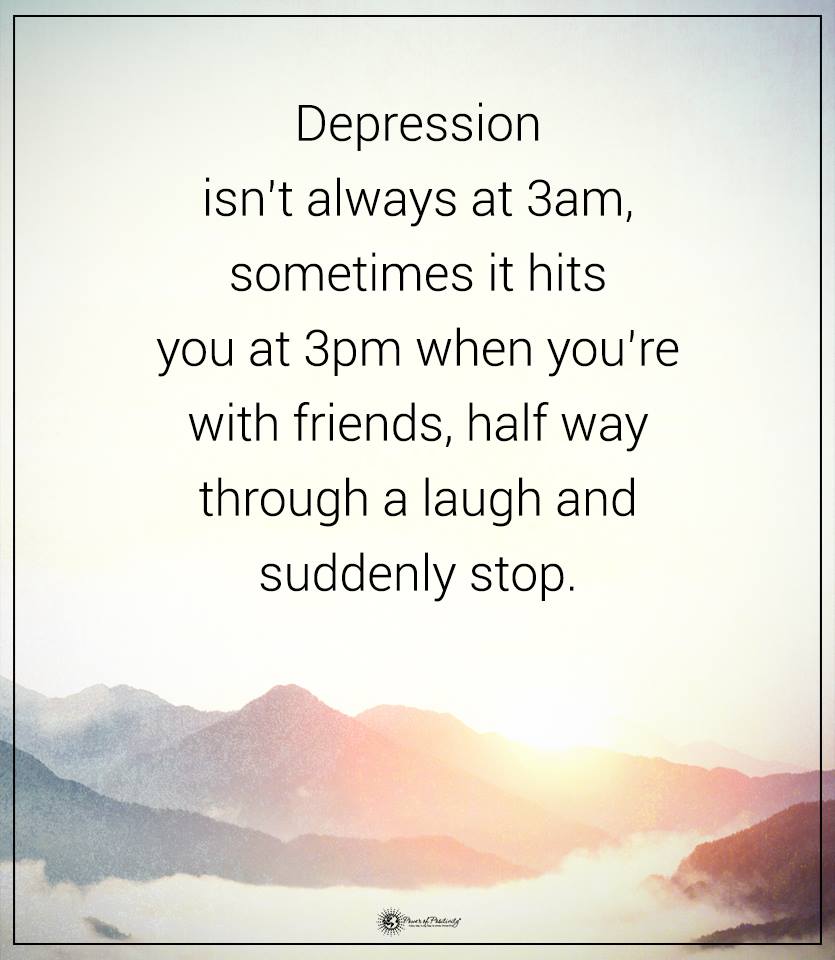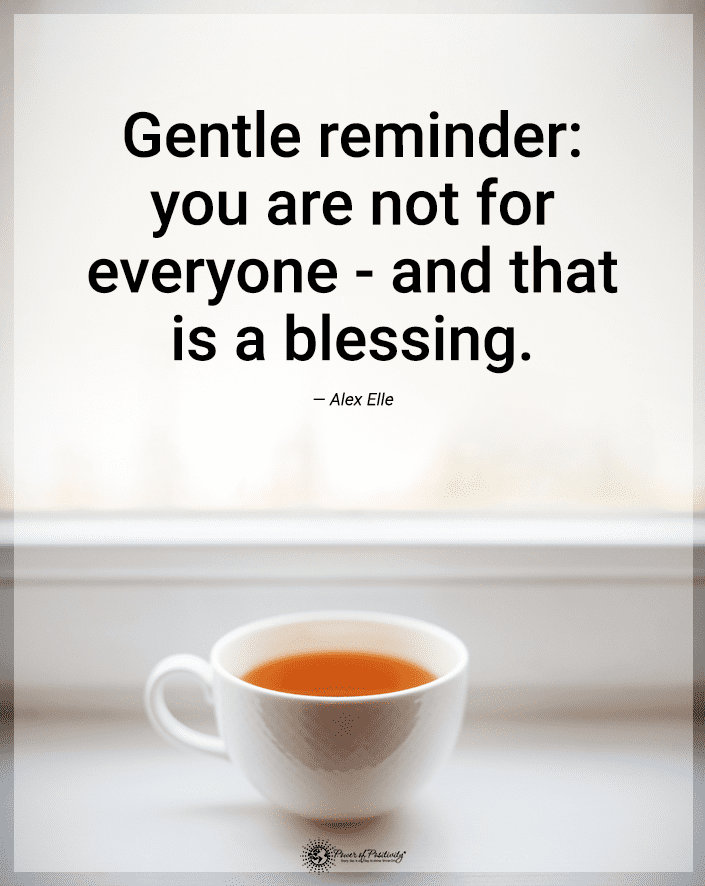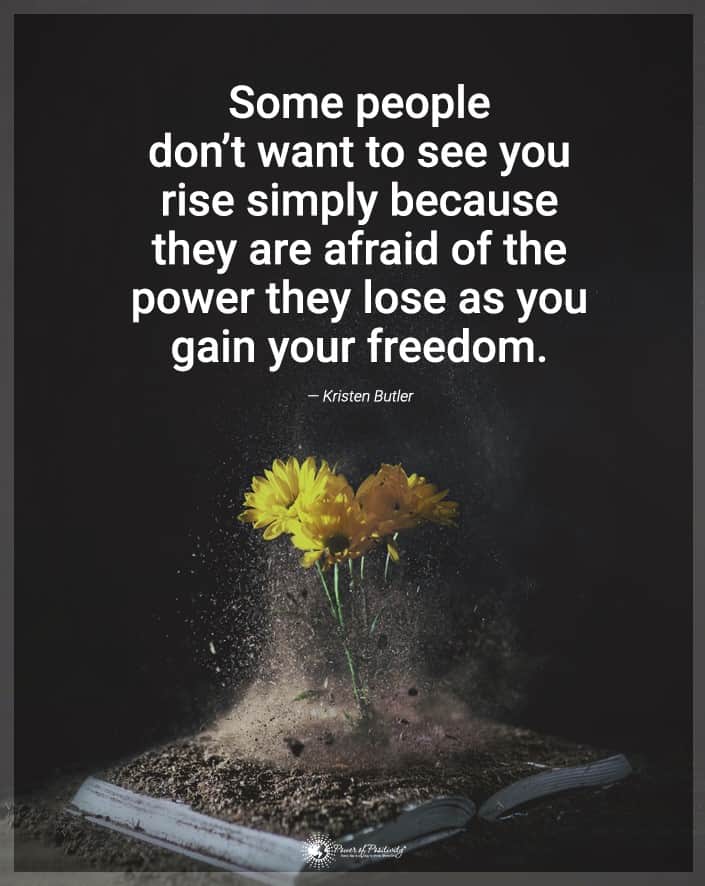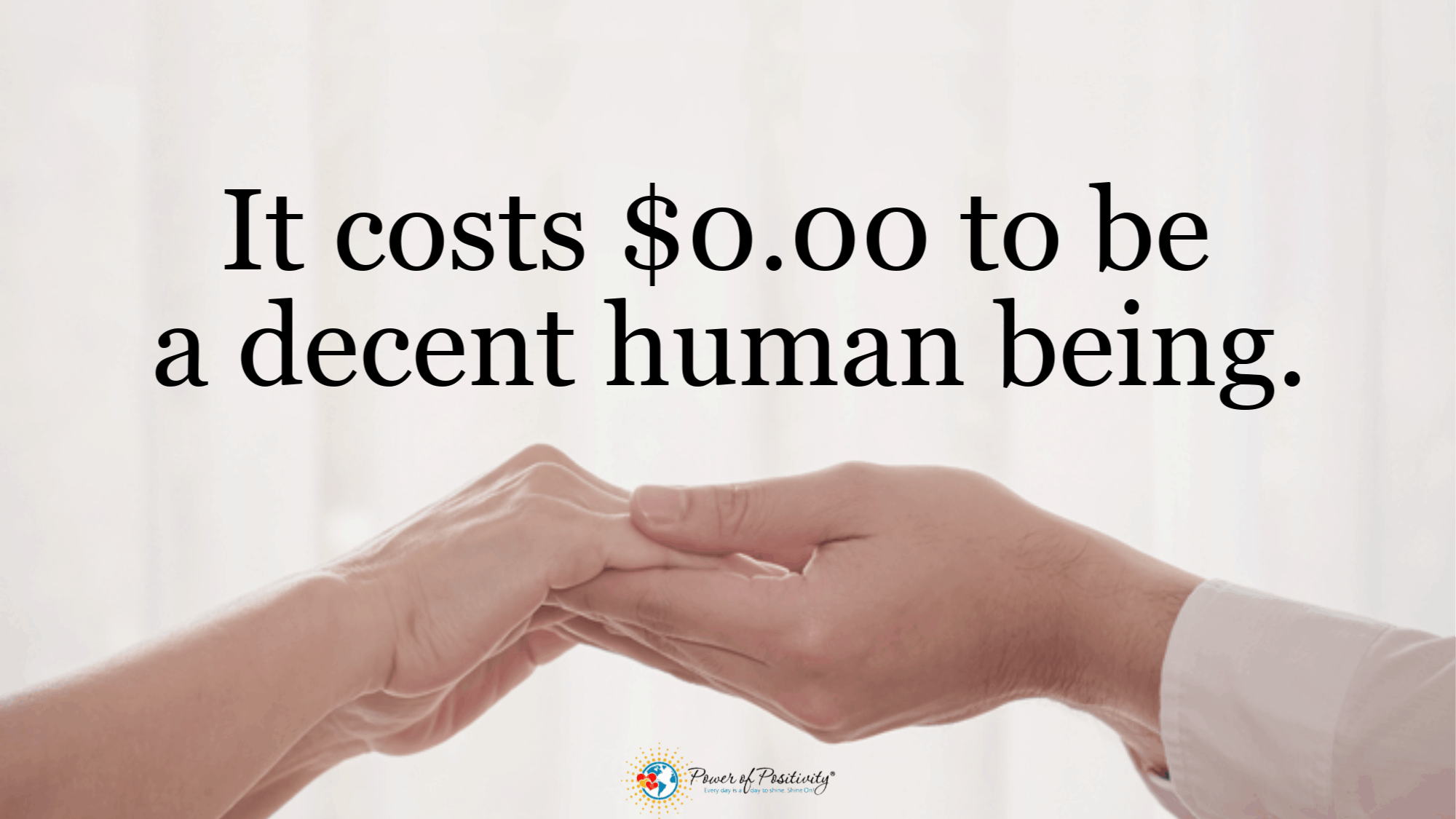Many people put themselves through unwanted pain as a result of the unhealthy beliefs, behaviors and thoughts they possess. They’re so unmindful of their surroundings that they blame outside influences for just how unhappy they are. They see the need for everyone around them to stop hurting them while, in fact, they are the ones are hurting themselves.
So, stop putting yourself through the things that weigh down your mind, your body, your heart. Eliminating the things that do not serve you, or make you happy is the only true way to open the door for positive things to come.
Here are 10 things to stop putting yourself through:

1. Stop waiting for life to begin.
Right now is the time of your life – whether you realize it or not. But if we waste this time by awaiting life to begin, then we’ll spend all of our life waiting, failing to understand that during our time spent waiting, our life has already been unfolding.
Waiting is a mindset that means that we need the future; we do not need the present. We do not want what we have, and we need what we don’t have. Waiting lowers the quality of our life by causing us to lose focus on the present.
2. Stop comparing yourself to others.
Our job here on Earth is not to be better than others, but to be better than we were in the past.
Rather than wasting our time and energy to comparing ourselves to others, we should use that energy doing things to make us better, to make us happier. Stop putting yourself through the misery of comparison, and instead, embrace the beauty of your own unique energy.
3. Stop running away from your problems.
Face them even when it isn’t easy. There’s no one on earth capable of perfectly handling all the punches thrown at them. We can’t always immediately resolve problems, but we don’t have to run away from them either.
We are wired to be sad, hurt, upset, stumble and sometimes even fall. It is through these challenges that we end up finding our strengths and our calling. It’s how we deal with our problems that make us who we are. Stop putting yourself through the revolving door that is escaping from your problems, and tackle them head on. Then, you can move on to bigger and better things, rather than encountering the same lessons over and over.
4. Stop worrying.
It’s time to put our worries aside; they aren’t contributing to our life in any way. Instead of worrying, contemplate what is happening and look for the possibility. Our intuition will help guide us to a place of peace beyond what we can understand. Trusting that everything will work out as it’s meant to and following our inner guide will help alleviate the worry, so stop putting yourself through the horrible anxiety and stress that comes with incessant worry.
5. Stop doubting yourself.
We must find the confidence within ourselves to move through challenges. Understand that there’s something within us that will give us the courage and confidence we need at the right time. We need to start trusting this “something” and stop doubting ourselves. Understand that no one is here by mistake, nobody is flawed. Everyone has different talents that are required in this world, so stop putting yourself through the prison of doubt, and believe in yourself no matter what.
6. Stop trying so hard to make everybody love you.
If we want people to love us, we need to stop trying so hard. Rather than chasing and asking for love and approval, let’s focus on living our life in a manner that could make people want to be a part of the happiness. Living our life is finding things that we’re enthusiastic about, the things that make our heart and soul sing with joy. When we do this, not only will we attract the right kind of people into our life, we will learn to love ourselves and in turn be happier. With that said, stop putting yourself through unnecessary stress by trying to live up to the expectations of others. Instead, worry about the standards you have set for yourself.
7. Stop lying to yourself.
We can lie to anybody, and they may or may not know the difference. The one thing we can’t do is lie to ourselves. Our way of life improves only after we take chances, and the very first and most challenging chance we could take is to always to be truthful with ourselves. The only way we can improve in life is to be totally transparent with ourselves.
8. Stop wasting time showing yourself to other people.
Our friends do not need us to showboat to know our true value, and our enemies won’t believe it. Do things for the right reasons from a place of service and gratitude, and you won’t need to impress anyone to feel better about yourself.
9. Stop making complaints and feeling sorry for yourself.
There is a purpose in every challenge we experience, and the purpose is to help us move in the right direction. We might not see or understand everything as it occurs, and it might be tough to maintain faith not knowing where the new direction is taking us. Think back to past challenges and find the lessons; this way, it might be easier to find them in our current struggles. Stop putting yourself through the gloom and doom mentality, and start empowering yourself with positive thoughts and gratefulness for what you’ve been through, and where you’re going.
10. Stop being ungrateful.
Regardless of how good or bad we have it, we must get up every day grateful for our life. Somebody elsewhere is seriously fighting for theirs. Rather than thinking of what we are missing, think of what we have that everybody else is missing. Stop putting yourself through the anguish of feeling entitled, and start working for what you want, while also expressing gratitude for what you currently have.















